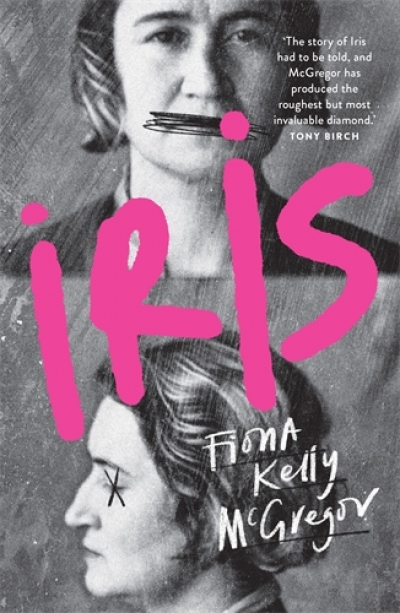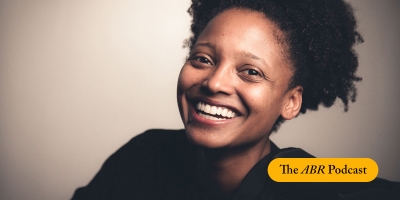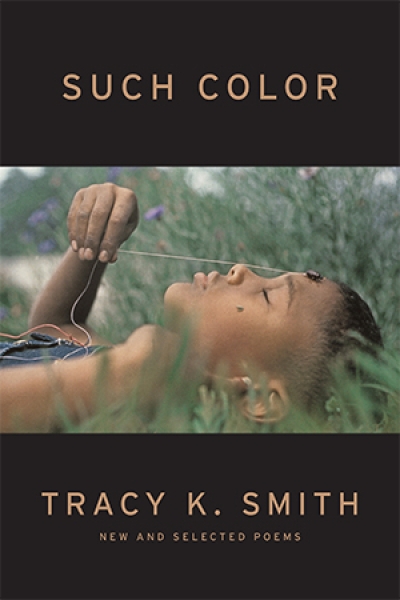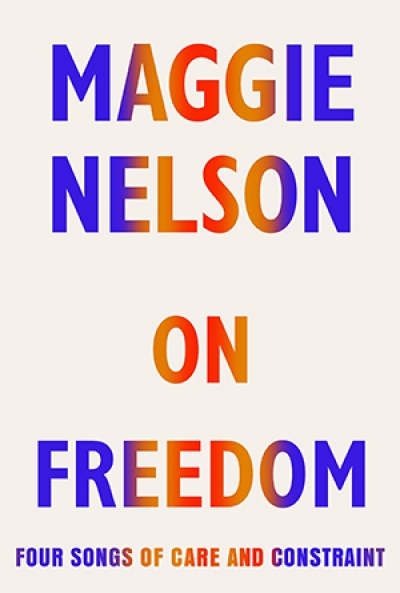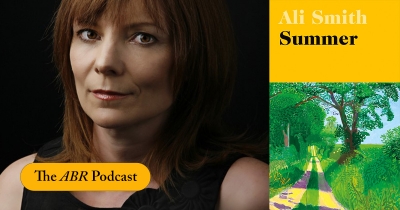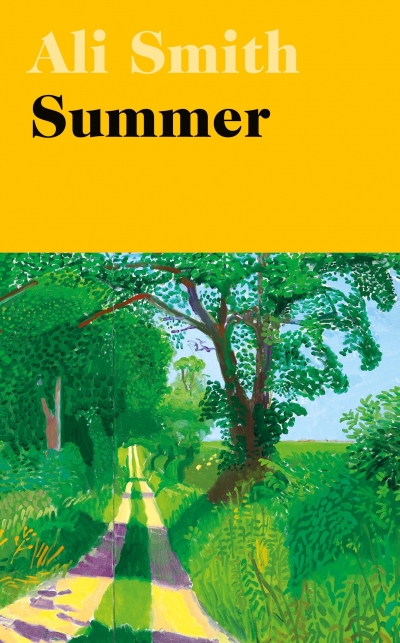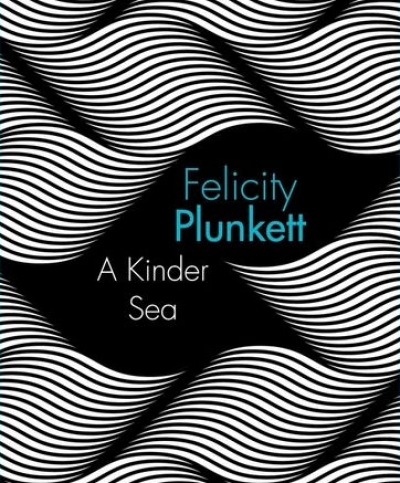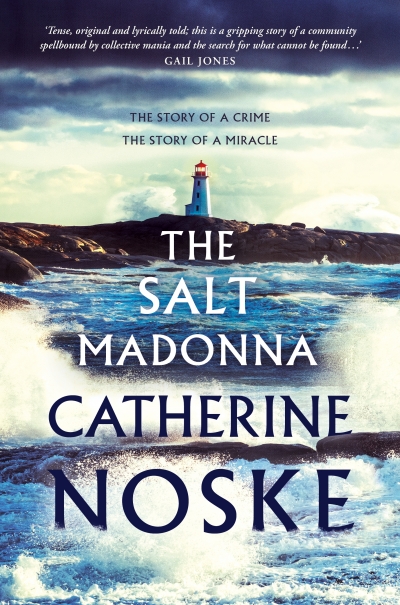Felicity Plunkett
Again, death rolled towards / my daughter and me. Again / its grim, slow prowl and sudden / bulk. Again, human misery / veered from its lane.
... (read more)American poet Tracy K. Smith was the twenty-second Poet Laureate of the United States, and winner of the Pulitzer Prize for Poetry for her 2011 volume Life on Mars. Such Color is a collection of her best poems from her wide-ranging career, before culminating in a selection of newly published poems. In Felicity Plunkett’s review, she considers the breadth of Smith’s oeuvre and the undercurrent of water throughout, writing: ‘Smith’s image of creative marine energy recalls Sylvia Plath’s image of words’ “indefatigable hooftaps”, echoing as they carry meaning outwards. In Plath’s case, as in Smith’s, one direction is seawards.’
... (read more)Such Color: New and selected poems by Tracy K. Smith
On Freedom: Four songs of care and constraint by Maggie Nelson
In today's episode, Jack Callil speaks to ABR Patron's Fellow Felicity Plunkett about Ali Smith's Seasonal Quartet and her final instalment, Summer. As Plunkett writes in her October issue review, 'Smith's quartet is a work of splitting and mending, repair instead of despair.'
... (read more)ABR asked a few colleagues and contributors to nominate some books that have beguiled them – might even speak to others – at this unusual time.
... (read more)
